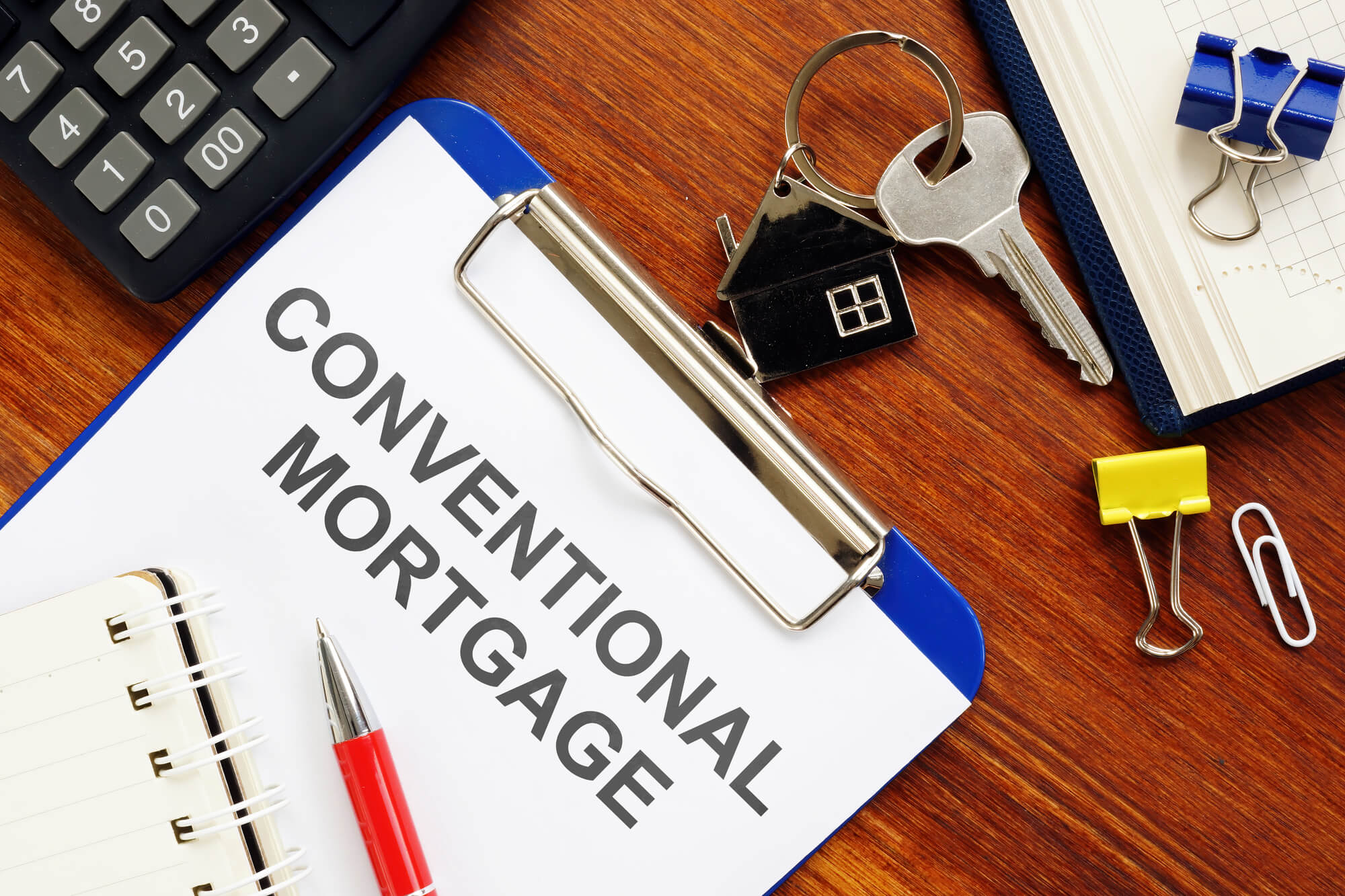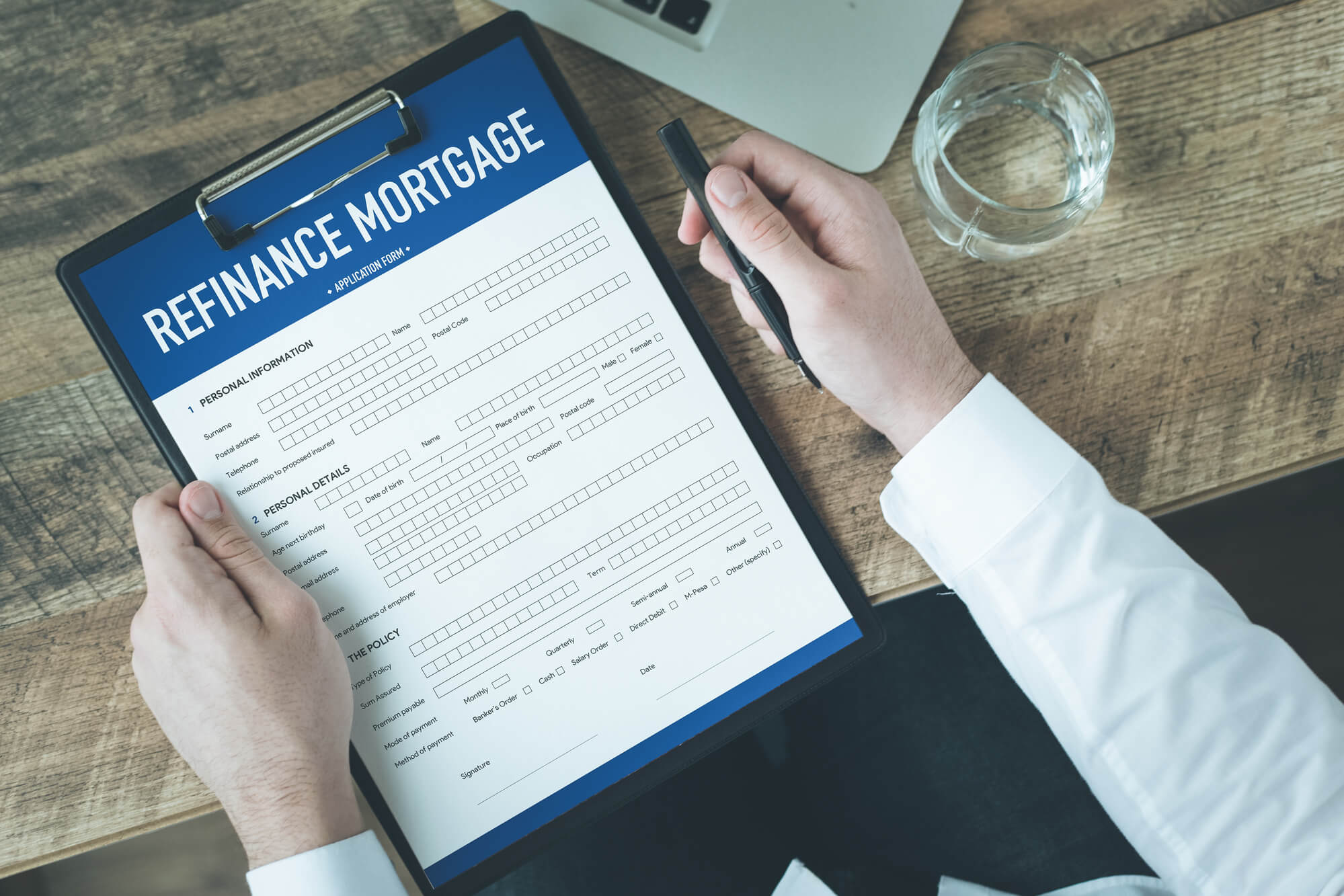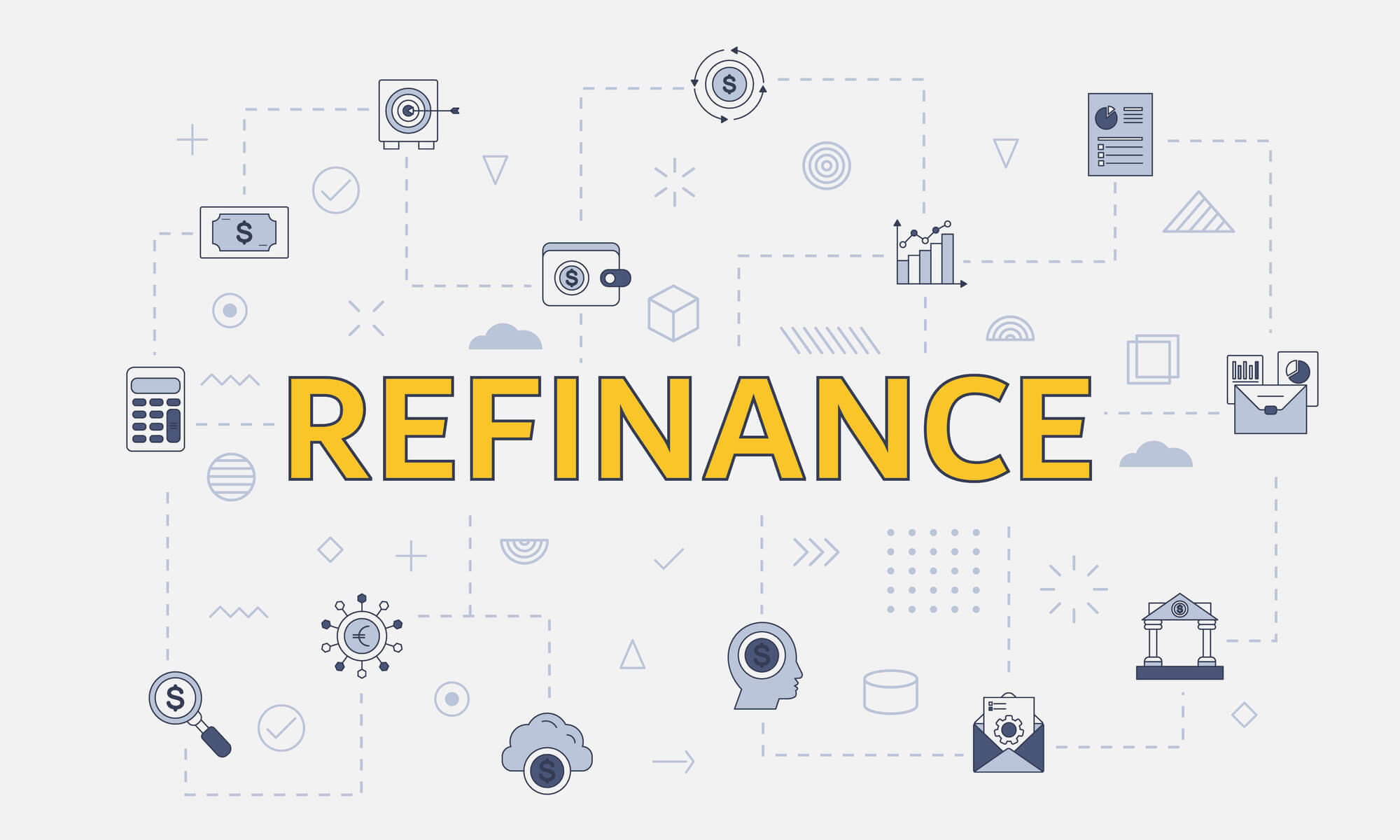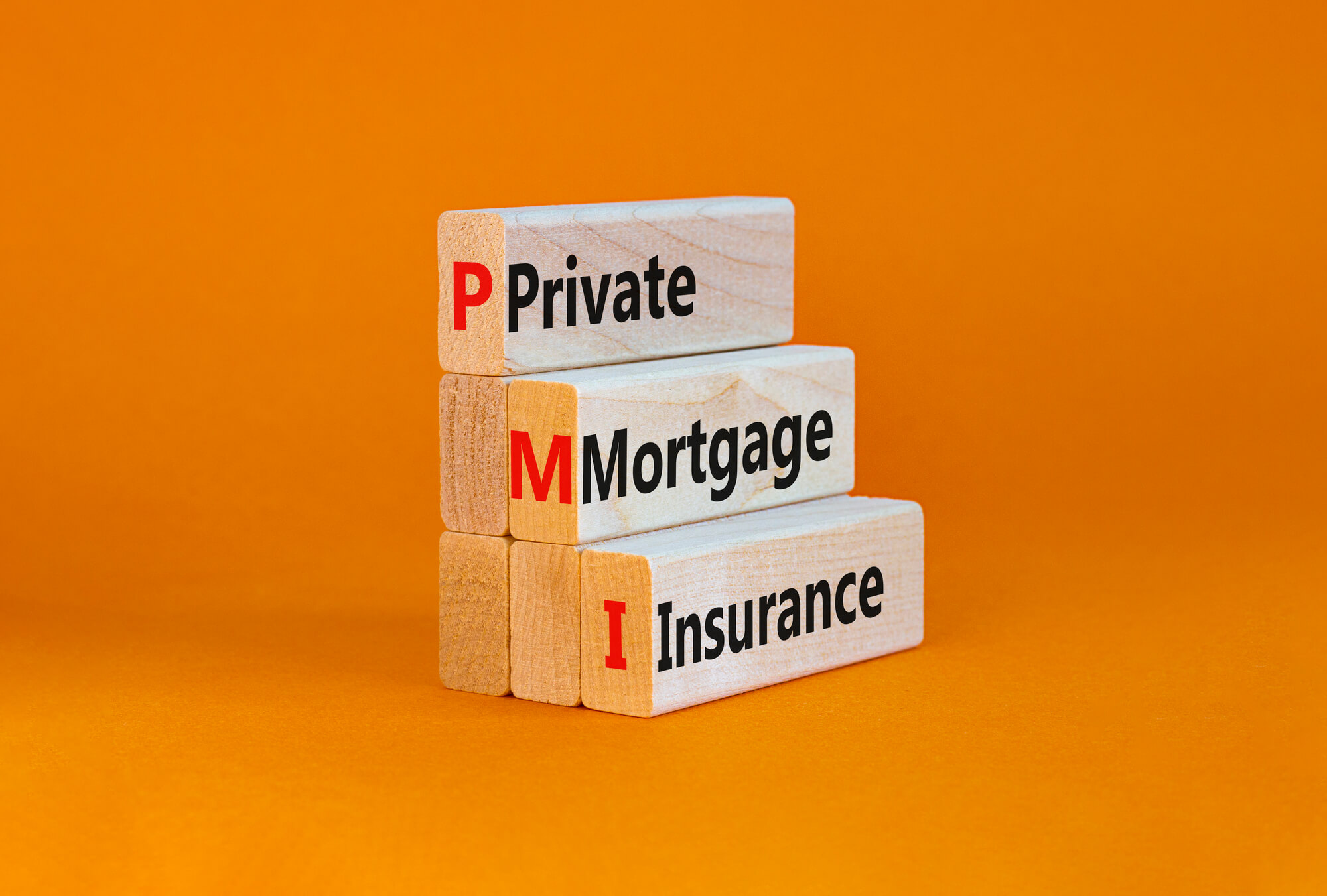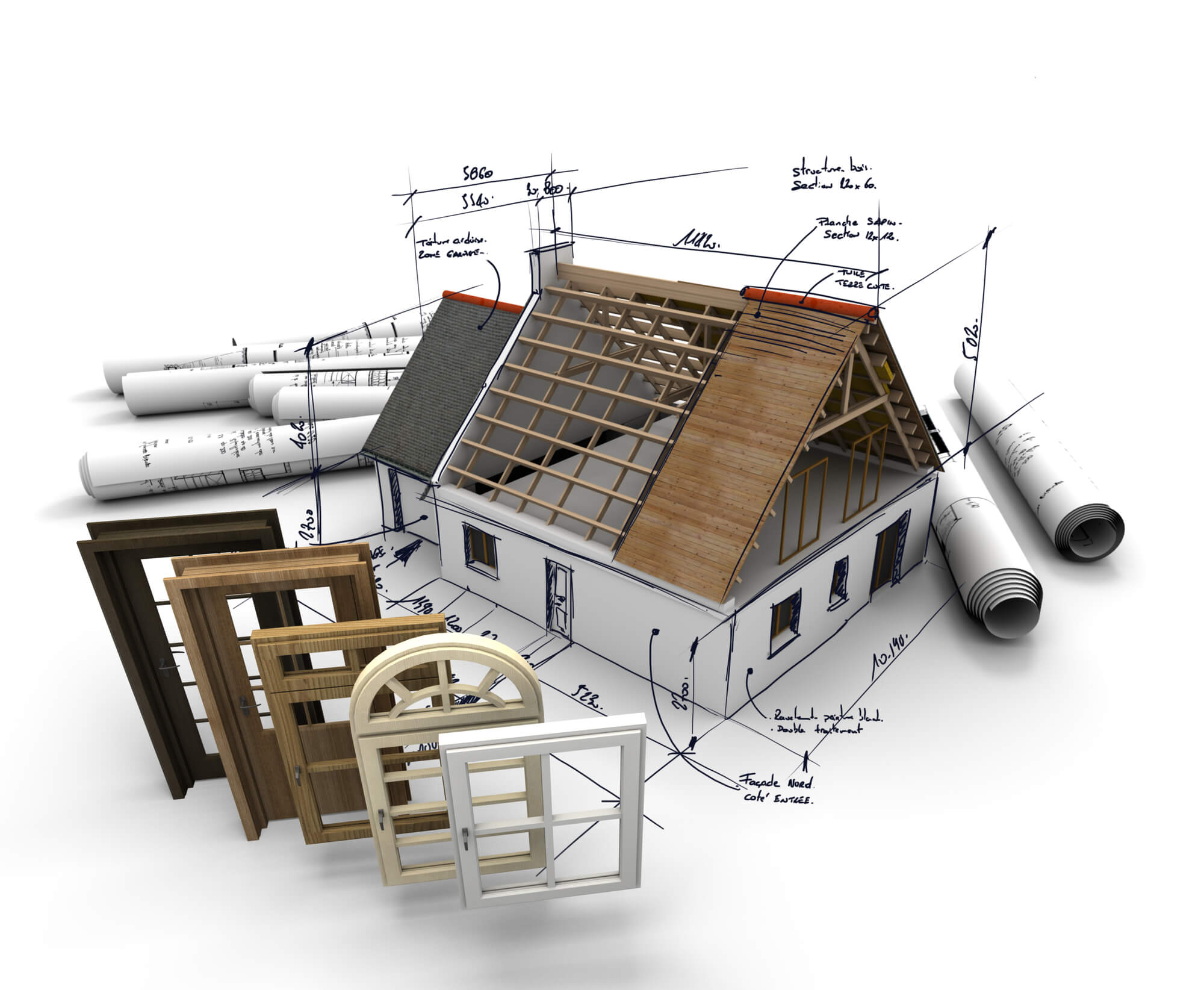When you apply for an FHA loan, there are certain requirements that your home must have before passing the FHA inspection and appraisal. This is usually done to determine if it’s worth the purchase price. The federal housing administration has a set of guidelines as measures of your home’s safety and structural sound. What should you expect from an FHA inspection? Be sure to stay with us and read the FHA inspection requirements that your home needs to pass.
What is an FHA Inspection?
Conducted by an FHA-approved appraiser, this inspection is to ensure that your home meets the FHA minimum standards. Usually done to evaluate your home’s condition and ensure it has a safe environment. The appraiser provides a report that entails what needs to be fixed before the loan can be approved. Although this may add some additional cost and delays, it’s a crucial part of your home-buying process.
What can You Expect from the FHA Inspection?
Here are some specific things that the appraiser may do when they conduct an FHA inspection:
- To meet FHA’s minimum standards, the appraiser should review your home’s major systems and look for any potential hazards that could affect the safety of your property. Some examples would be the electrical and plumbing systems.
- The appraiser may also look for any physical signs of damage such as cracks in the wall, leaks, or any other structural damages.
- If any issues emerge, both the buyer and seller have to negotiate for the repairs. Based on FHA’s guidelines, the one responsible for paying may depend on what types of repairs are needed.
- Any previous repairs and renovations done to the property must also be reviewed to ensure that they adhered to compliance with codes and regulations.
- The inspector will also look for similar properties in the area and compare their value to ensure that the purchase price is reasonable.
- The FHA inspection is generally paid for by the buyer. Depending on the size and the condition of the property, it can range from hundreds to thousands of dollars.
- The inspector will compare the value of the property to similar homes in the area to ensure that the purchase price is reasonable.
Bear in mind that FHA inspection requirements are not supposed to be comprehensive home inspections. You may also hire your own home inspector to provide an extensive review of the property. However, it is still important to have an appraiser conduct an FHA inspection to give you an initial idea of how safe your property is.
Bottomline
Ensuring that your home passes the minimum standards set by the Federal Housing Administration, is an important step. The FHA-approved appraiser reviews the overall condition of your home and reports any damage that must be fixed. Overall, the FHA inspection requirements are crucial and should not be overlooked because they help ensure the protection of both the buyers and sellers. If you have more questions regarding FHA inspection requirements, you may contact us at Mann Mortgage.




